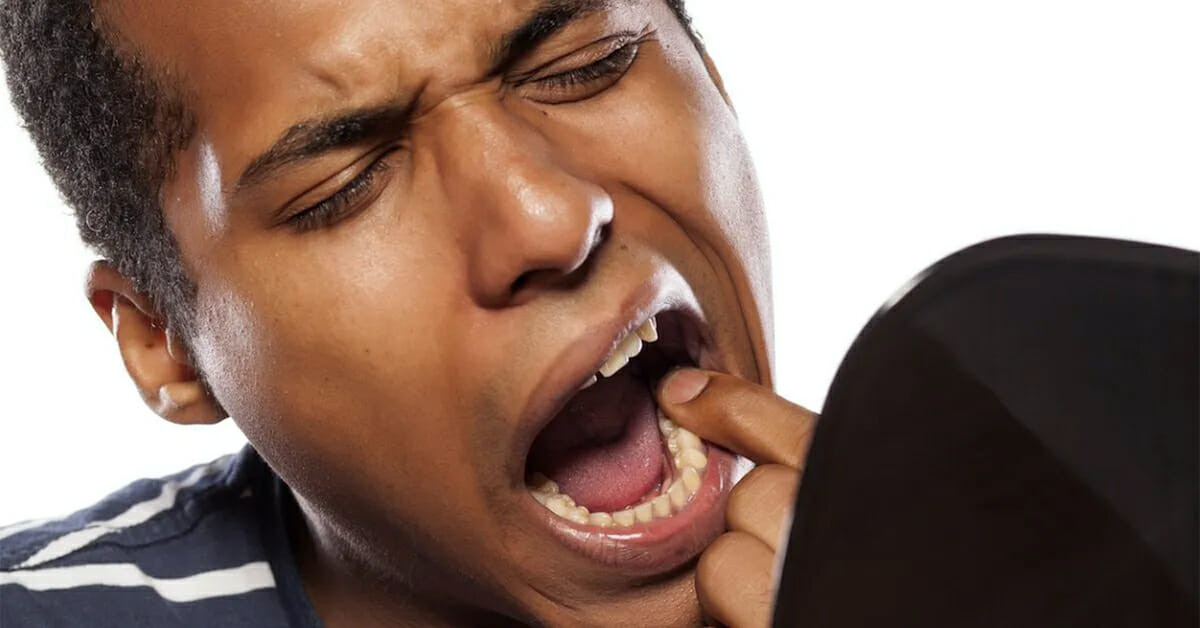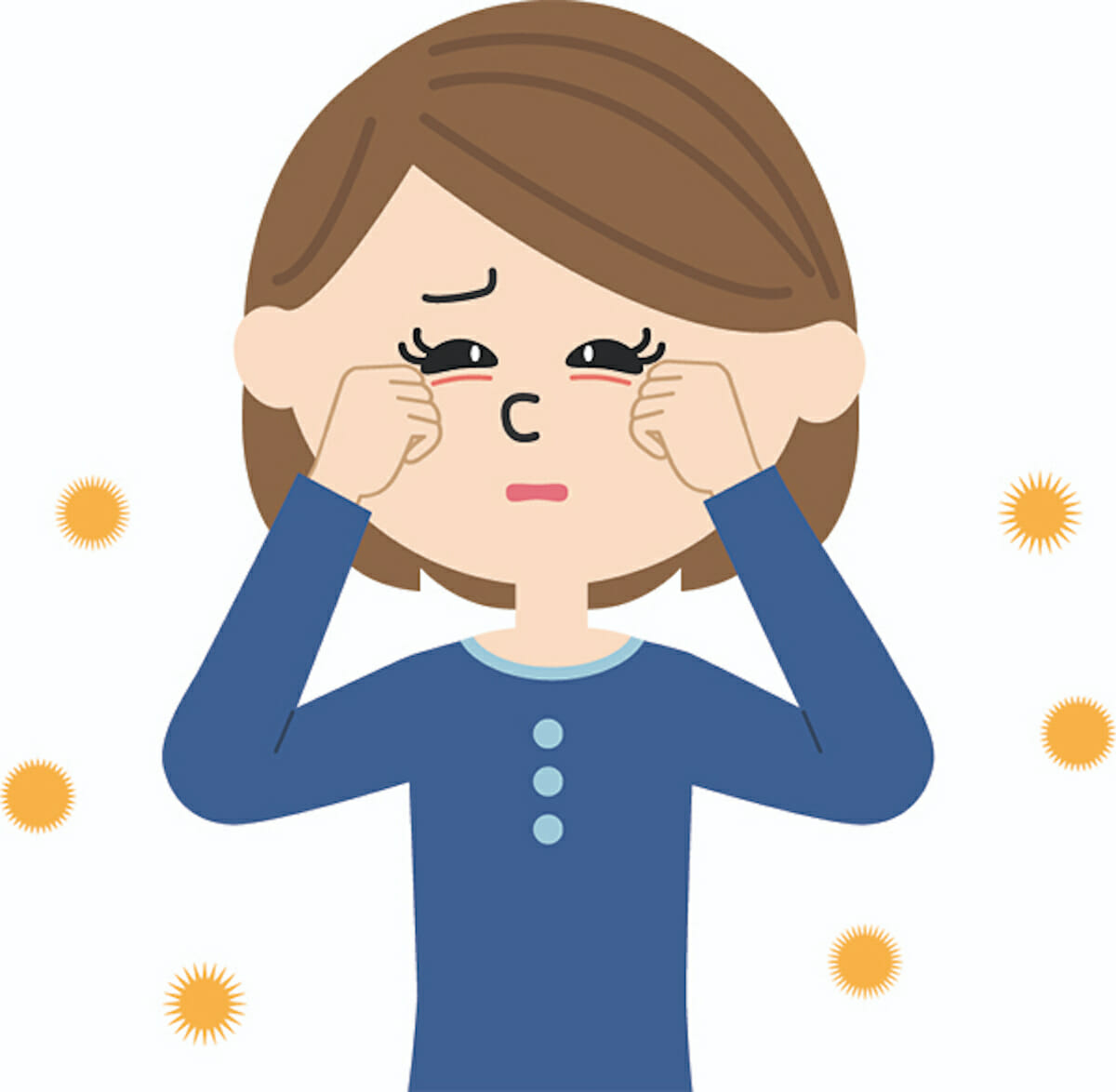A loose tooth in a child often signals a healthy rite of passage. Once a person reaches adolescence, however, a loose tooth is no longer a normal occurrence.
It can be alarming to notice a loose tooth. Some causes of loose teeth in adults are harmless. Others require the care of a dental professional to save the tooth, remove it, or replace it with an implant or bridge.
The following factors are often responsible for looseness in one or more adult teeth.
Gum disease, also known as periodontitis, gum disease involves inflammation and infection of the gums. It can happen due to poor dental hygiene habits. About 40% of people experience gum disease, and about 70% of tooth loss happens because of the condition.
When brushing and flossing do not remove plaque, gum disease can develop. Plaque contains bacteria. It sticks to teeth and hardens over time until only a dental professional can remove it. Hardened plaque, or tartar, causes the gums to pull away from the teeth, creating gaps that can become infected. Over time, this process can break down the bone and tissue supporting the teeth, causing the teeth to become loose.
Other symptoms of gum disease include:
gums that are tender, red, painful, or swollen
gums that bleed during brushing
gum recession
changes in the way the teeth fit together
What to do: Any person who notices symptoms of gum disease should visit a dentist as soon as possible. Early detection and treatment can prevent tooth loss.
Injury to the teeth
Healthy teeth are strong, but an impact from a blow to the face or a vehicle accident, for example, can damage teeth and surrounding tissue. The result may be chipped or loose teeth.
Similarly, clenching the teeth during times of stress or grinding them at night can wear down the tissues and loosen the teeth.
Many people are unaware of their clenching or grinding habits until they result in jaw pain. A dentist may be able to detect the problem before the teeth are permanently damaged.
What to do: Anyone who suspects that an injury has damaged their teeth should visit a dentist as soon as possible. Sports injuries, accidents, and falls, for example, can cause dental damage.
Osteoporosis
Osteoporosis is a condition that causes the bones to weaken and become porous. As a result, even minor bumps and impacts can lead to broken bones. Although osteoporosis commonly affects the spine, hips, and wrists, it can also damage the bones in the jaw that support the teeth. If the jaw bones become less dense, the teeth may loosen and fall out. The National Institutes of Health (NIH) also report a possible link between bone loss and an increased risk of gum disease.
Certain medications that treat osteoporosis can cause dental health problems, though this is uncommon. In rare cases, drugs called bisphosphonates — which help treat bone loss — can lead to loose teeth. This is known as osteonecrosis of the jaw.
Trauma and surgical procedures, such as tooth extraction, can also cause osteonecrosis.
What to do: A person should discuss their osteoporosis medication and side effects with a doctor. They should also regularly discuss their dental needs with a dentist.
Dentists may not recommend invasive surgery. However, minor dental procedures may be helpful. A range of treatments can help, and the best option will depend on the cause of the looseness.
Pregnancy
Raised levels of estrogen and progesterone during pregnancy can affect the bones and tissues in the mouth. Having more of these hormones can alter the periodontium, which is the collection of bones and ligaments that support the teeth and keep them in place. When the periodontium is affected, one or more teeth may feel loose.
What to do: Changes to this part of the body typically resolve after pregnancy, and they are not a cause for concern. However, anyone who is experiencing pain or loose teeth during pregnancy should contact a dentist to rule out gum disease and other oral health problems.
It is safe for pregnant women to have dental checkups, cleanings, and X-rays, according to the American Dental Association and the American Congress of Obstetricians and Gynecologists. In fact, because of a possible link between gum disease and premature birth, pregnant women should visit dentists regularly.
Prevention
A person cannot always prevent a loose tooth, but they can take steps to reduce the risk.
Some tips for tooth and gum health include:
brushing the teeth thoroughly twice per day
flossing once per day
refraining from smoking
attending dental checkups and cleanings as often as recommended
wearing a properly fitted mouthguard while playing sports
wearing a bite splint when nighttime grinding or clenching is an issue
asking a doctor about calcium and vitamin D supplementation to help prevent osteoporosis
keeping diabetes under control, as this condition is a risk factor for gum disease
being aware of medications that may affect the teeth
Treatment for a loose tooth will depend on the cause. A person should ensure that they have effective oral hygiene methods and regularly visit a dentist for checkups.
Exclusive content from CARE magazine.








